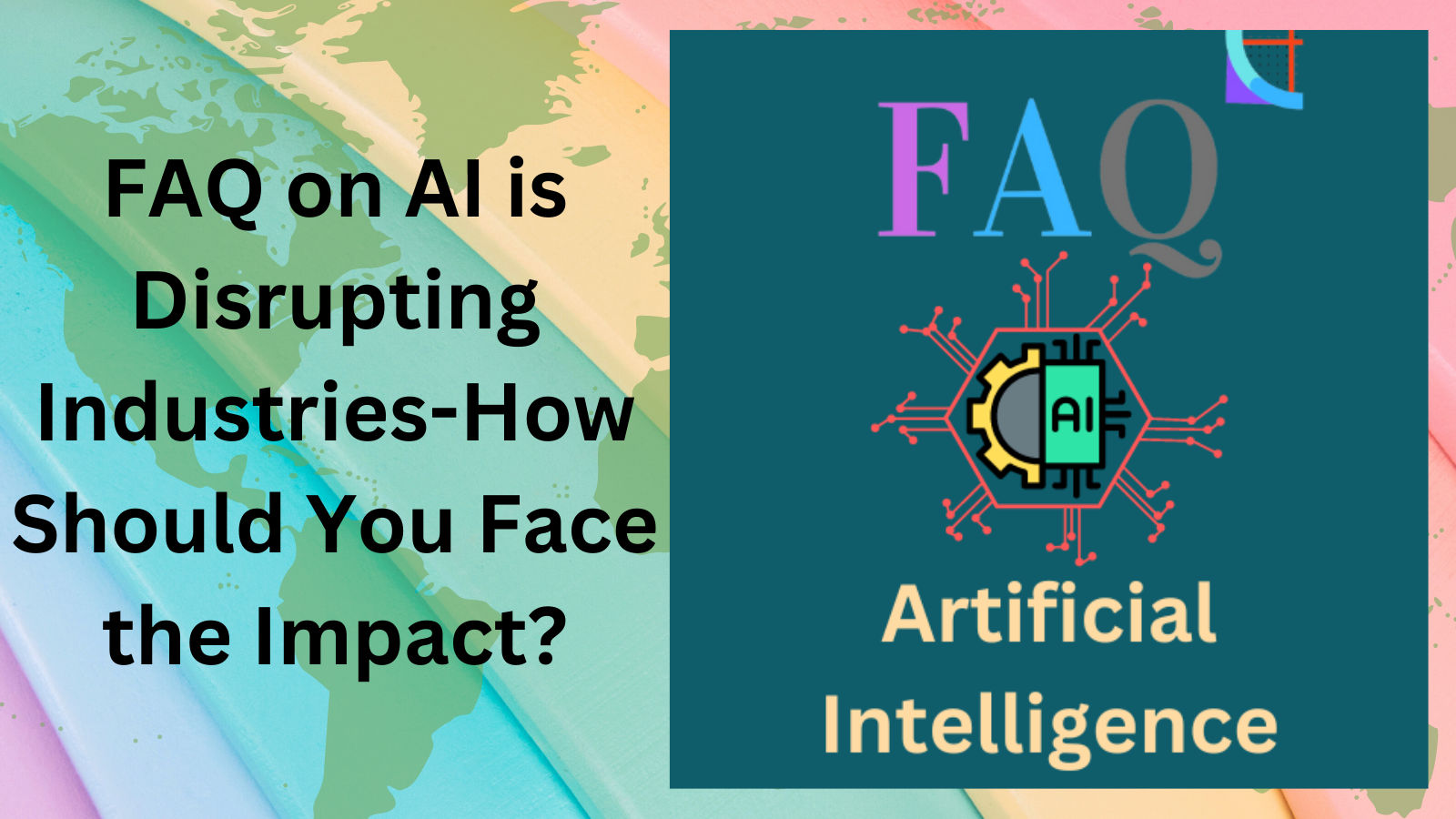FAQ on AI is Disrupting Industries-How Should You Face the Impact?
FAQ 1: What is artificial intelligence (AI)?
Answer: Artificial intelligence (AI) refers to the ability of machines or software to perform tasks that typically require human intelligence, such as reasoning, learning, decision making, and problem solving. It encompasses various techniques and methods like machine learning, deep learning, natural language processing, and computer vision.
FAQ 2: What are the different types of AI?
Answer: AI can be classified into two main types: narrow AI and general AI. Narrow AI refers to AI designed to perform specific tasks or functions, while general AI is the hypothetical ability of machines or software to understand and perform any intellectual task that a human can do. Currently, narrow AI is more prevalent in our daily lives.
FAQ 3: How is AI impacting industries?
Answer: AI has the potential to transform almost every industry and sector. It is disrupting industries by automating routine, repetitive, and rule-based tasks, making them faster, cheaper, and more accurate. For example, in transportation, AI is revolutionizing ride-hailing apps and autonomous vehicles. In retail, AI is used for personalized recommendations and optimizing inventory management. Hospitality, journalism, and education are also experiencing the impact of AI.
FAQ 4: What are the socio-economic consequences of AI disruption?
Answer: The impact of AI disruption has both positive and negative consequences. On the positive side, AI can improve productivity, efficiency, quality, innovation, and accessibility of goods and services. It can create new jobs and industries that require human skills. However, there are also challenges such as increased inequality, unemployment, ethical dilemmas, and potential risks like cyberattacks and bias. Balancing the benefits and challenges of AI is essential for addressing its socio-economic consequences.
FAQ 5: How can individuals adapt and thrive in the age of AI?
Answer: To adapt and thrive in the age of AI, individuals can take several steps:
- Workers can reskill, upskill, or transition to careers that are more resilient to AI automation or complement AI capabilities. Learning new skills, such as coding or managing AI systems, and developing soft skills like communication and collaboration can be advantageous.
- Consumers can leverage AI tools and platforms to enhance their personal and professional lives. Using AI to automate tasks, improve decision making, and access new opportunities can be beneficial.
- Society should foster a culture of lifelong learning, collaboration, innovation, and social responsibility. Educating oneself and others about AI's benefits and challenges, supporting initiatives for social good, and advocating for policies that protect rights and values are important.
FAQ 6: Is AI a threat or a competitor?
Answer: AI is neither a threat nor a competitor. It is a tool and a partner that can help humans achieve their goals and aspirations. While AI may replace or displace certain tasks or jobs, it also has the potential to enhance human capabilities and create new opportunities. Balancing AI's impact and ensuring its ethical and responsible use is crucial to harness its benefits and mitigate potential risks.
Check out the FAQ on How to Access GPT 4


